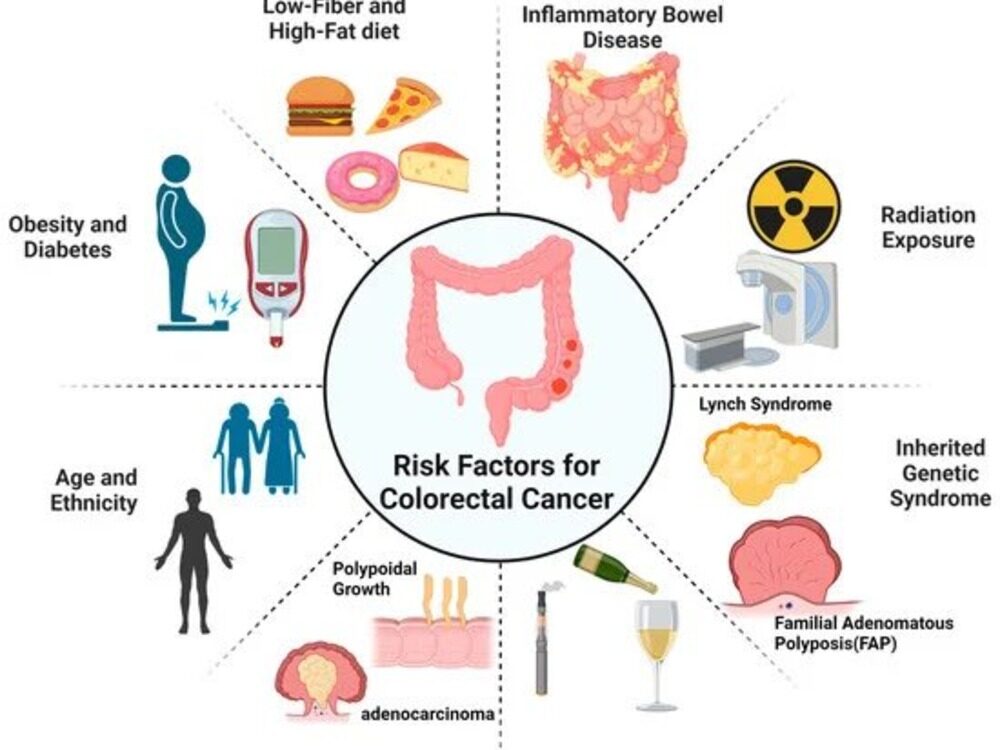Shahrin Ahmed, a Medical Specialist at the Canadian Cancer Society, shared a post on X:
“In teens, colorectal cancer cases have tripled and in children, they have risen by 500% then Older.
Over the past 20 years, the rates of colorectal cancer among children between 10 and 14 and teenagers between 15 and 19 have increased by 500% and 333% respectively.
The data revealed an 185% increase in colorectal cancer among young adults aged 20 to 24, in addition to the findings regarding children and teens.
The disease’s genetic risk factors are generally associated with a family history of inflammatory bowel disease or colorectal cancer. Obesity, tobacco use, and alcohol consumption are among the risk factors that can be modified. Low fiber intake, consumption of processed meats, sugar-sweetened beverages, and high fats, as well as possibly a sedentary lifestyle, are all factors contributing to diets.
It’s crucial to educate kids about signs and symptoms and how to reduce the risk of Colorectal Cancer.
To reduce the risk of colorectal cancer, it’s important to eat a diet that includes more fruits, vegetables, and fiber, and less processed meat, red meat, and alcohol. Bacon, sausage, ham, hot dogs, and luncheon meat are the processed meats that are available that need to be consumed in order to be limited.
Daily aspirin is proven to reduce the risk of developing colorectal cancer. Certain adverse events, such as gastrointestinal bleeding, can be more likely to occur when taking an aspirin regimen.
New screening guidelines for the age group.
Colorectal cancer screening should be started at age 45 instead of age 50 for individuals at average risk.
Those who have had colorectal cancer as their parents or siblings before the age of 55 are more prone to it and should consider getting screened before 45.
The majority of individuals undergo a colonoscopy every 10 years for screening purposes. Pre-cancerous polyps in the colon will be eliminated during the procedure. If you have polyps, you should have another colonoscopy in five years (or less, depending on the nature of the polyps) instead of 10.
Rectal bleeding, iron-deficiency anemia, and a distinct change in bowel habits are commonly associated with colorectal cancer symptoms. Other less serious conditions like hemorrhoids, menstrual bleeding, and food sensitivities can also cause these symptoms.
The ability of healthcare providers to catch and treat colon cancer before it causes symptoms and spreads is greatly enhanced due to the increased number of people taking time for colon cancer screening. According to recent survival rate data, more than 90% of people who were treated for early-stage colon cancer were still alive five years after being diagnosed.
People with colon cancer also benefit from having newer treatments that target cancer. If you are diagnosed with colon cancer, inquire with your healthcare provider about newer treatments that may be suitable for your situation.”
Source: Shahrin Ahmed/X


